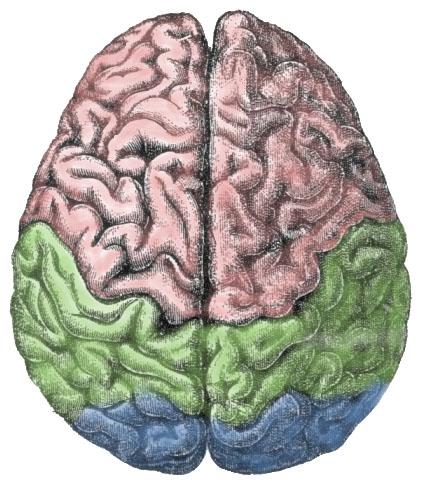PROVIDENCE, R.I. [Brown University] — Research to solve problems in brain science benefits from both basic and clinical perspectives. With four new grants, the Brown Institute for Brain Science and the Norman Prince Neurosciences Institute have brought together teams from the Brown University campus and affiliated hospitals to study key questions in autism, epilepsy, pain and stroke.
“A great strength of our academic medical center is the ability to bring together expertise that stretches from the lab to the patient,” said John Robson, BIBS associate director for medical research and clinical programs and NPNI administrative director. “The New Frontiers Award program of BIBS and NPNI is to encourage and support innovative new projects of basic and clinical teams so they can succeed.”
This round of grants, the program’s fourth, launches three new projects and continues another. Each team will receive $40,000 from BIBS, NPNI, and their academic departments. The new projects will begin July 1.
Autism
Barry Connors, chair of neuroscience, and Dr. Brian Theyel, a psychiatry resident, will use Brown-developed mouse models to test their hypothesis that disruptions in the connectivity between the thalamus and the cerebral cortex might contribute to some of the symptoms associated with autism, such as hypersensitivity to stimuli.
Seizures
Two neurology faculty members, Dr. Curt LaFrance and Dr. Andrew Blum, and Wilson Truccolo, assistant professor of computational neuroscience, will study whether nervous system measurements gathered by the MIT-developed “Q-sensor,” which can be worn on the wrist, can be used to detect, distinguish, and possibly predict different types of seizures. If so, it could help streamline and improve seizure diagnosis and treatment.
Strokes
Derek Merck, assistant professor of ddiagnostic imaging, and James Hayes, assistant professor of computer science, will work together to develop an automated method of analyzing CT scans to quickly detect and classify strokes. Their goal is to shorten the time required to diagnose and begin treating patients.
Chronic pain
The fourth grant continues a New Frontiers collaboration between Stephanie Jones, assistant professor (research) of neuroscience, and Dr. Ben Greenberg, professor of psychiatry and human behavior. They are exploring whether noninvasive electromagnetic stimulation that modulates alpha rhythms can reduce sensory sensitivity in people and be developed as a technique for reducing chronic pain where drugs, including opioids, are not effective.

